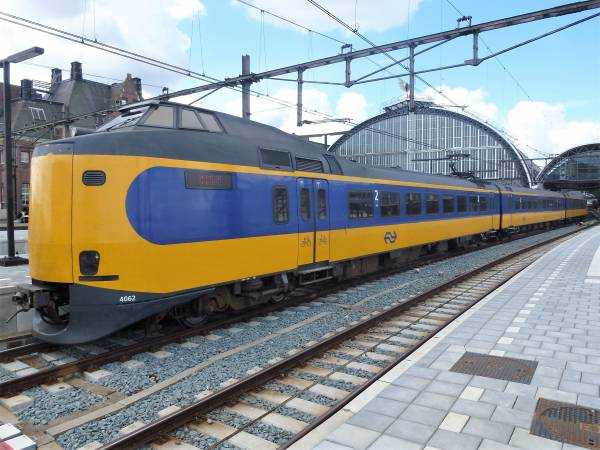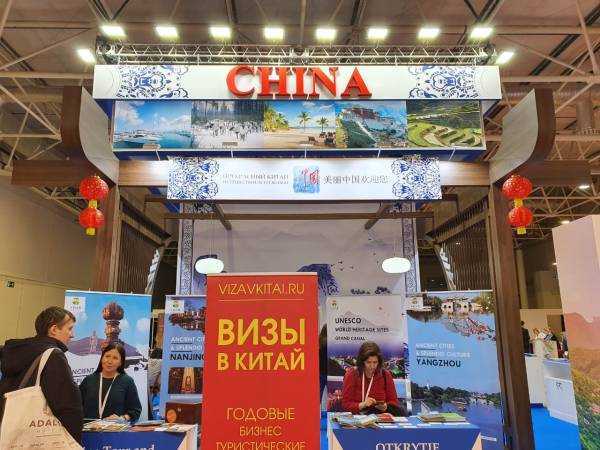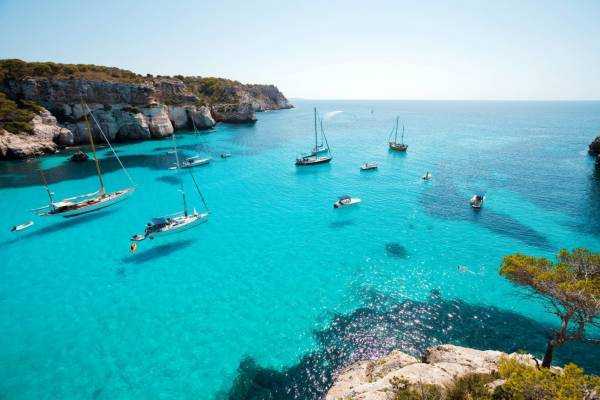
The regional government as a whole, resort town administrations, and hoteliers are all interested in Russian tourists, although this isn't always reflected in the prices offered by hotels. The Hainan Provincial Tourism Development Committee previously reported that, by the end of the year, Local resorts may host up to 300 thousand Russians.
Betting on the Russians
According to tourism industry representatives, China's interest in increasing tourist flow from Russia is reflected in financial and informational support from the local government.
"The government is offering various support measures, helping tour operators and carriers. They're interested; they want to see Russian tourists here. Hotels themselves are starting to offer services to Russian tourists to make their stay more comfortable. They're translating signs and directions into Russian. We've even been involved in this ourselves when communicating with hotels. Much is being done to make it easier for Russians to navigate. The Russian language isn't yet well-established here, but many are already hiring Russian-speaking staff," said Tatyana Chizhova, head of Spain, Mexico, and China at Anex Tour.
The capital of Hainan Province is Haikou, and the most popular resort is Sanya. Resort authorities also declare their readiness to welcome foreign tourists, especially Russians.
"Sanya has always been open to Russian tourists, and in recent years we've been attracting more and more guests. We're building more and more hotels, including world-class ones. Sanya plans to become an international tourist destination, and we hope to strengthen our cooperation with Russia and increase tourist flow," said Zhen Zonghui, Deputy Chairman of the Sanya City Tourism Committee.
Zhou Xiao Qing, Director of the Lingshue Tourism Committee, also expressed her willingness to support Russian tour operators working with Hainan.
Barriers
A lack of information can be considered a challenge for market development, noted Alena Hou, CEO of Eden Travel. According to Ali Aydin Günal, Managing Director for Thailand, Vietnam, and China at Anex Tour, cultural differences also exist, but language remains the key issue that needs to be addressed for the destination's development. To overcome language barriers, some hoteliers are hiring Russian-speaking staff and consulting with Russian partners.
"Local hoteliers value foreigners' stays. Hainan is also a popular destination for the domestic Chinese market. Hotels offer lower rates for us. But we also need to consider another factor: Chinese tourists come for two or three nights; they don't stay in one place for long. Russians, on average, come for 10-11 nights. Ultimately, our tourists pay more, and therefore they are more attractive from an economic perspective," explained A. Gyunal.
Thomas Sun, General Manager of the Westin Hainan Hotel, said that Russian language classes are held for employees twice a week. He also stated that approximately 20% of the hotel's 350 rooms are dedicated to the Russian market.
"Chinese tourists stay with us for two to three days on average, and we plan to increase the length of their stays, primarily thanks to guests from Russia who stay for at least a week," he said.
Security issues are also being addressed on the island. A tourist police force was recently established on Hainan. This unit, based on the regular police force, is responsible for ensuring the safety of tourists and the security of their property during their stay at the resort. According to A. Hou, the force already includes Russian- and English-speaking officers.
Intentions and prices
Hainan is presented on the Russian market not only as a beach destination, but also as a destination for medical and exotic excursion tourism.
"The average bill depends on the season and the hotel category. Summer is, of course, cheaper; currently, the average price per person for a week is around 14,600 rubles, including airfare and breakfast. Winter is high season, including for the domestic market, so prices are higher," said T. Chizhova.
According to her, Russians typically choose four- and five-star hotels. The all-inclusive meal plan, which is common among Russian tourists, is rarely offered. "Local hoteliers aren't very interested in it yet, and perhaps they don't yet understand what it is and why it's needed. But we're working on it, and hotels certainly offer full board," she explained.
After the local government launched a support program, the number of flights to Hainan increased. Currently, there are about 20 flights per week from Russian cities to the island, and this number could increase to 30 by October.
As A. Günal explained, due to the significant increase in demand last season, hotels are raising prices for both domestic and foreign tourists.
"Last year, not only did many Russians come to Hainan in the winter, but Thailand was also closed to Chinese tourists, and they all came to Sanya. Hoteliers weren't expecting this; they're looking at last year's figures, and we're currently seeing hotel prices rise by about $201,000. So, prices may go up in the winter, but that's not right. Firstly, Thailand is open to Chinese tourists this year. As for the Russian market, if you want to increase volume, you need to lower your prices. Russians have been vacationing in different countries for 20 years now and know what a product should cost. They know what to expect from service. Of course, this is largely dependent on the Chinese market right now. But we're trying to get our message across, and I hope prices won't go up for our tourists," he emphasized.
According to the provincial tourism development committee, approximately 130,000 Russian tourists visited Hainan from January to June.
Source: tourism.interfax.ru













